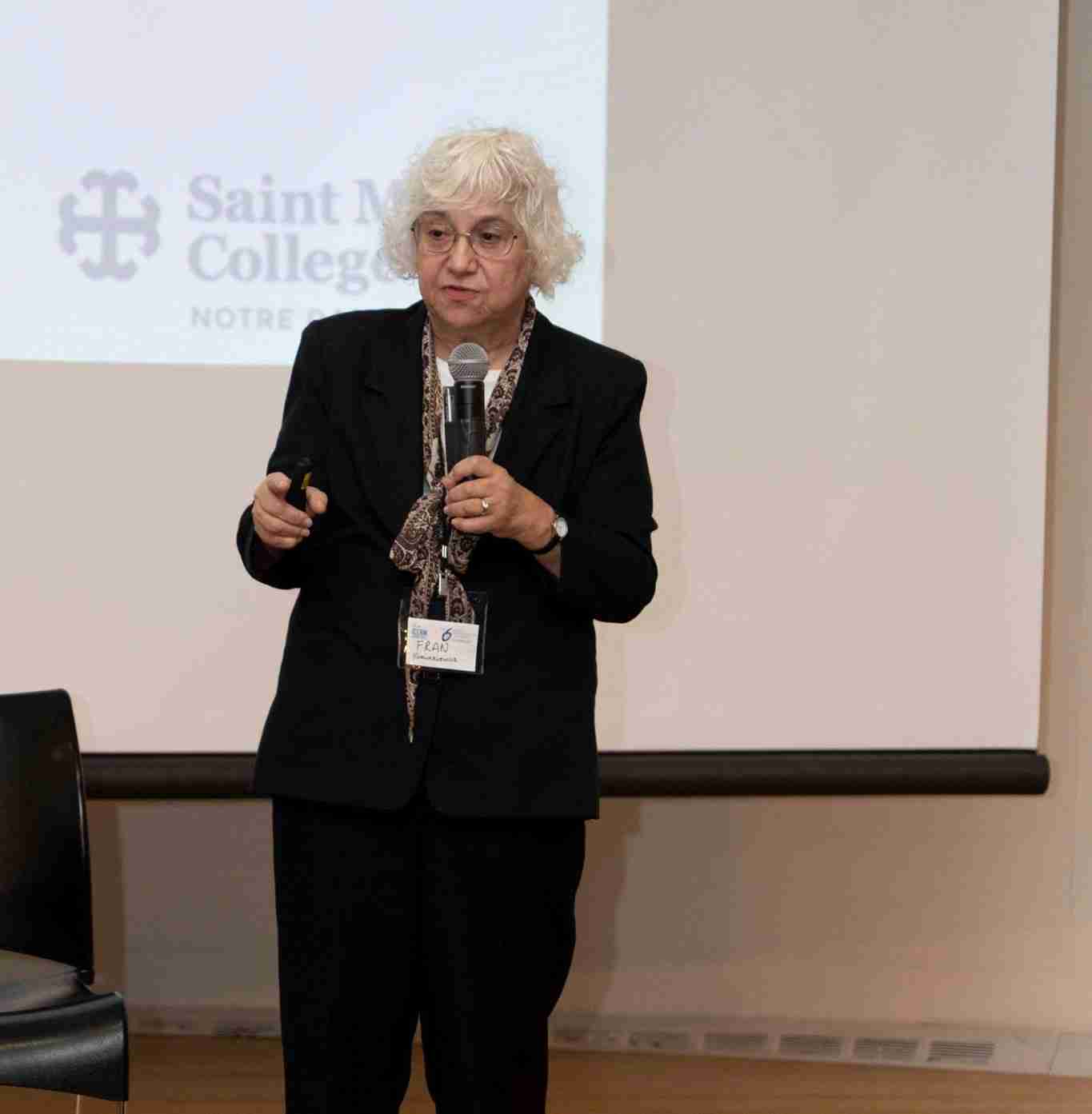Vietnam and the United States: Reconciliation from a Distant and Bitter War

Vietnam and the United States: Reconciliation from a Distant and Bitter War on ICERM Radio aired on Saturday, August 20, 2016 @ 2 PM Eastern Time (New York).
2016 Summer Lecture Series
Theme: “Vietnam and the United States: Reconciliation from a Distant and Bitter War”

Guest Lecturer: Bruce C. McKinney, Ph.D., Professor, Department of Communication Studies, University of North Carolina Wilmington.
Synopsis:
When the American involvement in Vietnam ended in 1975, both countries had bitter wounds from a long war with devastating human and financial costs. It was not until 1995 that the two countries began diplomatic relations, and the signing of the 2000 Bilateral Trade Agreement opened the way for economic relations. However, wounds from the war persist between the U.S. and Vietnam, which include questions about missing U.S. MIA/POWs, and Agent Orange contamination in Vietnam. Additionally, the U.S. sees many problems with human rights violations in Vietnam which still cause friction in relations between the two former enemies. Finally, the question of true reconciliation of war-related issues perhaps does not lie between the U.S. and Vietnam, but within the borders of Vietnam—between those who fought for the victors, and those who fought for a failed cause and were summarily sentenced to harsh and often fatal conditions of the re-education camps.
Click to read the Transcript of the Lecture
Dr. Bruce C. McKinney, Professor of Communication Studies, graduated from high school in Ipswich, Massachusetts. He received his B.A. in psychology from The University of New Hampshire and his M.A. and Ph.D. in speech communication from The Pennsylvania State University. He teaches courses in concepts in communication studies, mediation, communication theory, and negotiation. Professor McKinney also teaches graduate courses in conflict management for the Department of Public and International Affairs’ MA program in conflict management.
Professor McKinney has taught in Vietnam for Cleverlearn, Royal Education, and Vietnam National University in Hanoi. He has studied Vietnamese perceptions of communication education, public relations, and conflict management. In addition to teaching, he has worked with the United States Marine Corps Special Operation Command at Stone Bay, North Carolina. Currently he is working with the Wilmington, NC, Police Department and the New Hanover Country Sheriff’s Department on building better community relations between citizens and law enforcement in Wilmington, NC. His publications include articles about Vietnam in Asian Profile, Public Relations Quarterly, The Canadian Journal of Peace Research and The Carolinas Communication Annual. He has also published articles in Communication Quarterly, Communication Education, Communication Research Reports, The Journal of Business and Technical Communication, Mediation Quarterly, and the Journal of Conflict Resolution. His most recent publication is “Vietnam and the United States: Reconciliation from a Distant and Bitter War” published in the international journal Asian Profile. McKinney is married to Le Thi Hong Trang whom he met while teaching in Ho Chi Minh City. He has also taught at James Madison University (Virginia) and Angelo State University (Texas). McKinney taught at UNCW from 1990-1999 and returned to UNCW in 2005.



